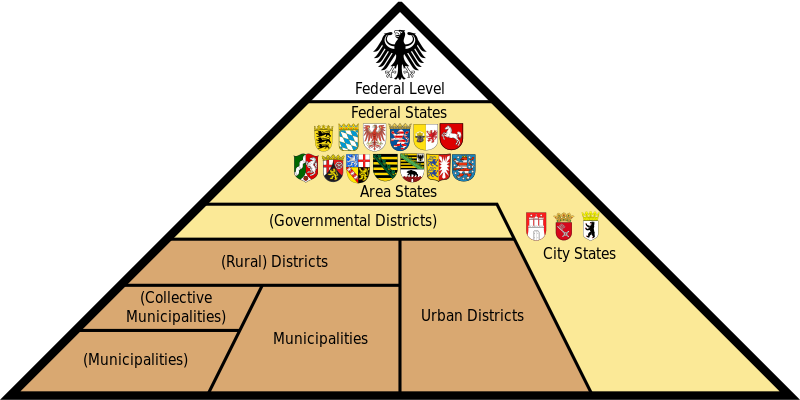In Germany, municipalities play a crucial role in the organization and administration of local communities. As the primary level of government closest to the citizens, municipalities are responsible for a wide range of essential functions and services that directly impact the daily lives of residents. This article aims to provide a comprehensive overview of the functions of municipalities in Germany, highlighting their responsibilities and contributions to local governance.
1. Local Governance and Administration:
- Municipalities in Germany are responsible for local governance and administration. They are the administrative units responsible for managing and delivering public services within their boundaries. This includes tasks such as issuing permits, managing public facilities, and coordinating local law enforcement through the municipal police.
2. Urban Planning and Development:
- One of the key functions of municipalities is urban planning and development. They are tasked with creating and implementing comprehensive land-use plans that guide the growth and development of their towns or cities. This involves zoning regulations, ensuring adequate infrastructure, and preserving green spaces to maintain a balanced and sustainable urban environment.
3. Education and Social Services:
- Municipalities are responsible for overseeing education and social services at the local level. They manage schools, kindergartens, and other educational institutions. Additionally, they offer various social welfare services, including child care, eldercare, and support for people with disabilities, to ensure the well-being of their residents.
4. Waste Management and Environmental Protection:
- Ensuring a clean and healthy environment is another vital function of municipalities. They are responsible for waste collection, recycling programs, and waste disposal. Additionally, municipalities take measures to protect the environment, such as promoting sustainable practices and implementing climate protection initiatives at the local level.
5. Public Safety and Emergency Services:
- The safety and security of citizens are paramount for municipalities. They manage local police departments, fire brigades, and emergency medical services to respond promptly to any crisis or emergency situation. Ensuring public safety is a core responsibility that helps maintain law and order within the community.
6. Local Infrastructure and Transportation:
- Municipalities oversee the maintenance and development of local infrastructure, including roads, bridges, water supply, and sewage systems. They also play a role in promoting sustainable transportation options, such as public transportation and cycling infrastructure, to reduce traffic congestion and environmental impact.
7. Culture, Sports, and Recreation:
- Promoting cultural and recreational activities is an essential aspect of municipal functions. They support local cultural events, museums, libraries, and sports facilities to enrich the lives of residents and create a sense of community.
8. Economic Development and Business Support:
- Municipalities work to stimulate economic development within their boundaries. They support local businesses, attract investments, and create favorable conditions for entrepreneurship to foster job growth and economic prosperity.
Municipalities in Germany carry out a diverse range of functions that are essential for the smooth functioning of local communities. From urban planning to education, waste management to public safety, their responsibilities touch every aspect of residents’ lives. By efficiently managing these functions, municipalities contribute significantly to the overall development and well-being of their regions, creating vibrant and livable communities for their citizens.
